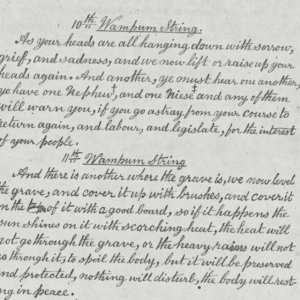
Editorial by Jian Carlo
An Italian friend named Jonathan Massimi was telling his grandfather about me and my love for cigars. Grandpa’s hearing isn’t so good and so “Jon Garlow” became “Jian Carlo” and that has been my Italian name ever since.
It felt a bit prejudiced, but I asked my friend about something I have been dying to discuss with an Italian person my whole life.
Spaghetti sauce.
And over Don Tomás Maduro Cigars we went into the finer points of marinara sauce and the authentic Italian way it should be prepared. It felt nice focusing on Italian cultural identity instead of mine.
When the conversation was nearly over I mentioned a scene from the Soprano’s that I found interesting. Tony Soprano and squad go to visit the homelands of Italy and are appalled to find that they do not serve pasta and “gravy” as they call the familiar red tomato sauce.
The Sopranos are disgusted by all the oysters, white sauces and fancy dining. It was an amazing observation — and I needed answers.
So I asked Massimi what this meant.
“Italy moved on,” he explained. “The thousands of Italian’s who moved to the USA in the early 20th century had to preserve their foods and their culture, but Italy did not stand still.” Salami, sausages, pasta, and tomato sauces; the Italian American foods that we all know and love became frozen in time for the migrant families here in North America.
They abandoned innovation in favour of conservation. Cultures adapt and grow, almost like bacteria culture, so the foods and tastes of Italy changed while Italian Americans held onto the only thing they had left.
This really resonated with me, because I see a parallel with Gohon:we people who are fighting similar cultural battles, but the main difference is that we aren’t separated from our motherland — our ancient home is right here.
In all of the in-fighting on Six Nations I see that there are some who have disagreements on what our original culture really was, others are trying to restore a part of our culture or language, and the rest are trying to survive or adapt.
We are the children of the colonized who are opening our eyes and seeing the light. We are the generation searching for a way to end the imposed European cycles of abuse.
And it is our generation and our children’s generations who will see the patriarchy put into its place and the women freed from the cook house and instead given a microphone to speak.
Religion, dogma and lies must end so we can recognize that women are the title holders, spirituality is personal and the people hold the power.






